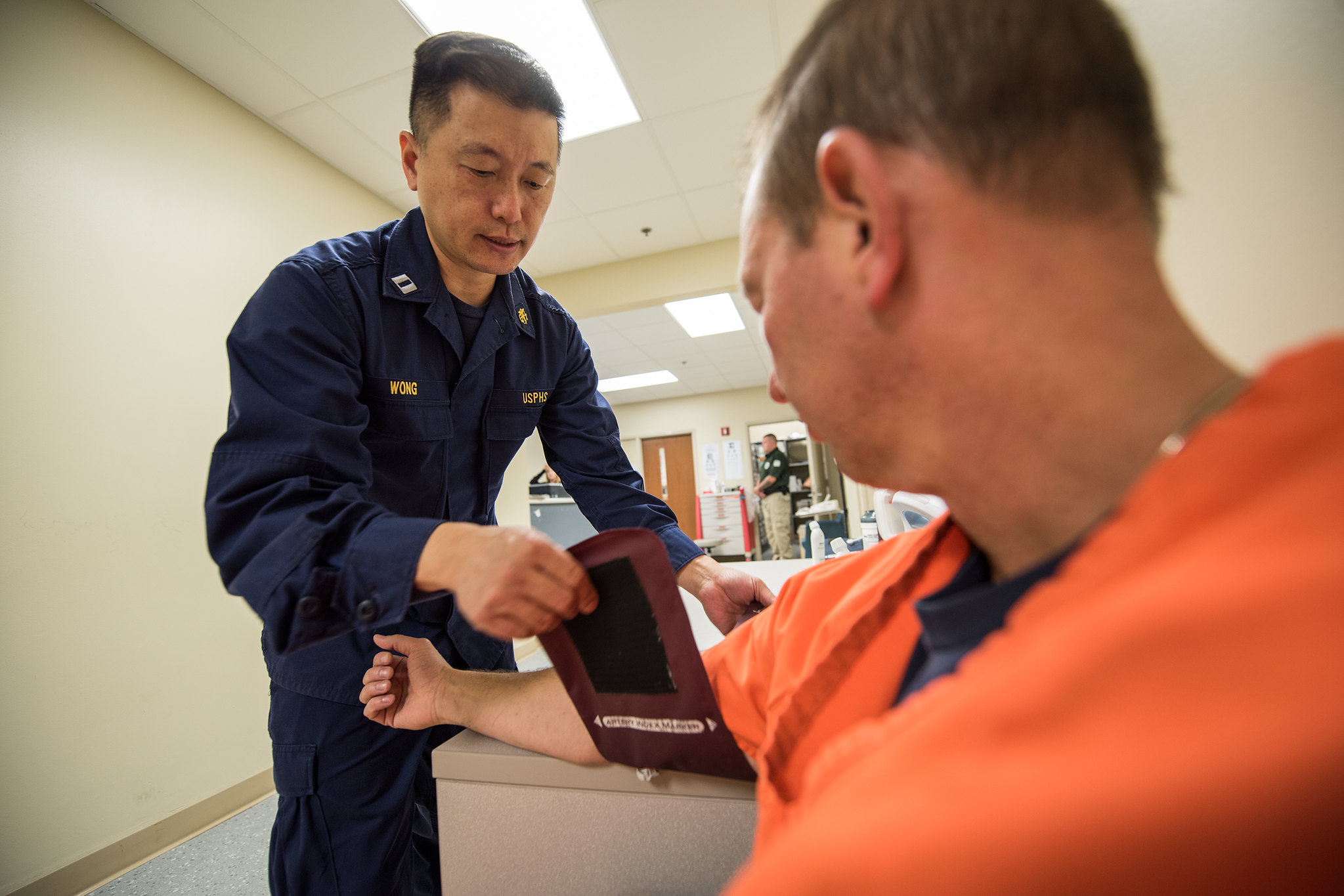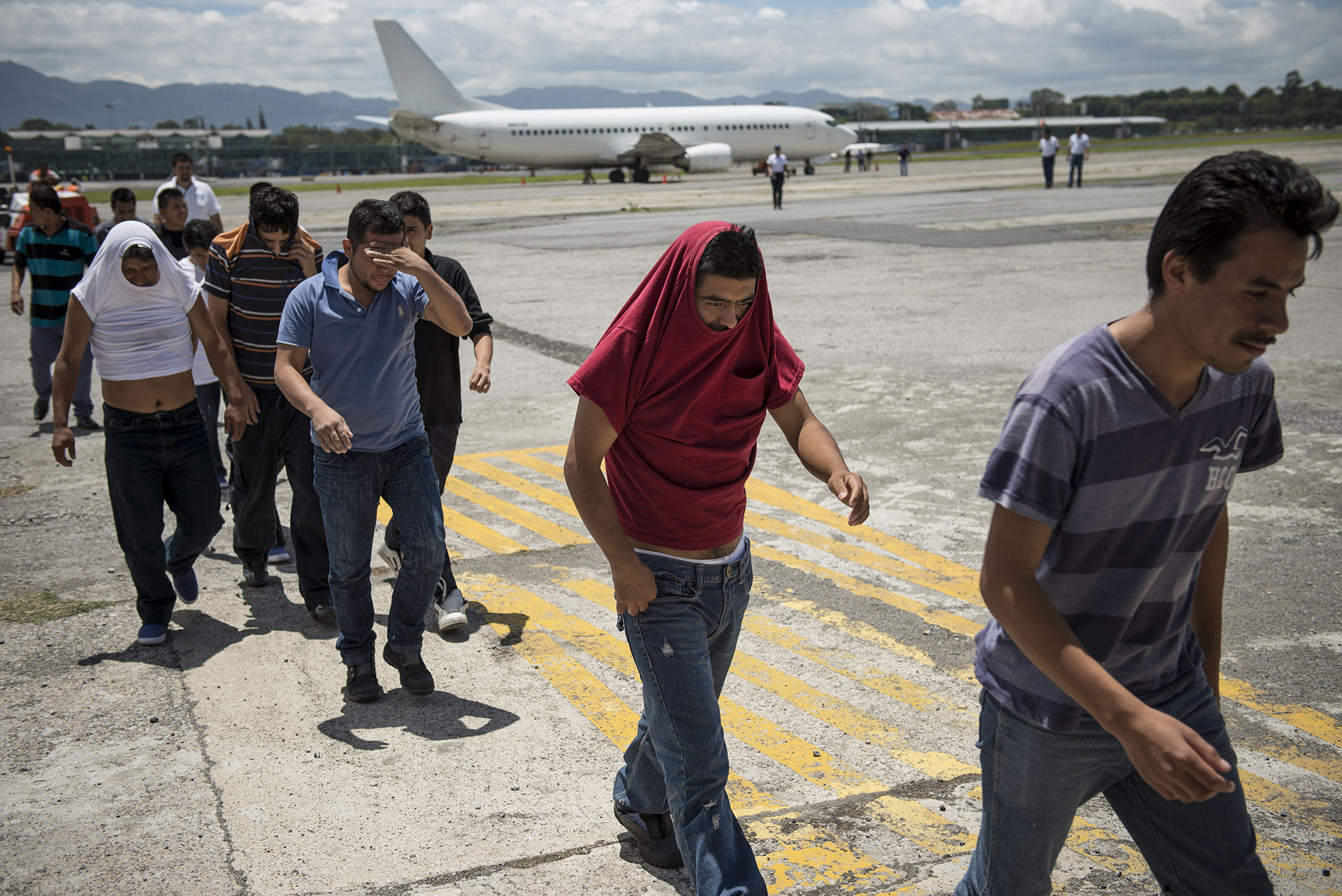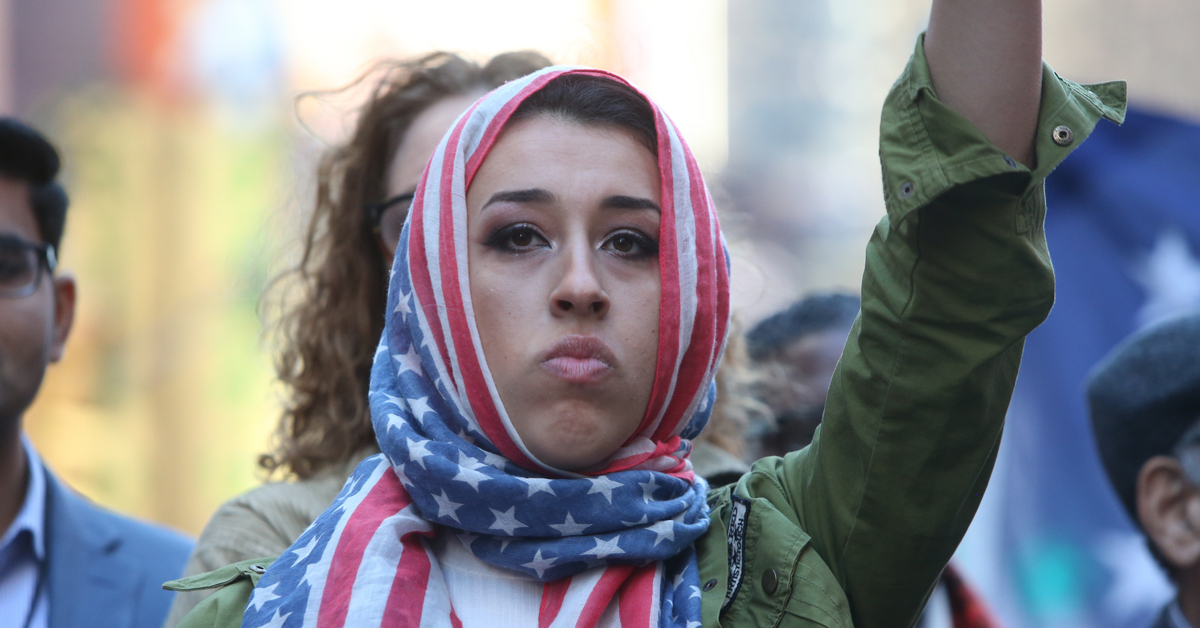This summary was featured in Documented’s Early Arrival newsletter. You can subscribe to receive it in your inbox three times per week here.
A doctor contracted by the Department of Homeland Security to advise on detention health conditions testified before Congress this week to criticize the Trump administration’s COVID-19 response in immigration detention. Dr. Scott Allen, an independent health expert and medical school professor, told lawmakers that the coronavirus’ rapid spread in ICE facilities was due in part to “some gaping holes” in CDC guidelines. “And the fact is — in the real world — use of those guidelines has been associated with failure,” Allen told members of the Senate Judiciary Committee.
“I think we’re underutilizing some of our best tools,” Allen continued. “We need to get more aggressive with our testing strategies.” ICE officials maintain they’re following CDC protocols as they release detainees to reduce capacity in facilities. But recent projections from a study in the Journal of Urban Health showed that the coronavirus could potentially spread to every detainee in the process, overwhelming local hospitals. ABC News
In other Washington, D.C., immigration news…
Rep. Steve King Unseated
补偿终止但盗窃不止!纽约近9千起粮食券被盗案难获赔
Immigration hardliner Rep. Steve King (R-Iowa) was defeated in a primary Tuesday. He has been known for inflammatory comments and unwavering assault on immigrants’ rights, including asking “White nationalists, white supremacists, western civilization — how did that language become offensive?” In 2013, King also used racist language while opposing giving DACA recipients a path to legal status. “For everyone who’s a valedictorian, there’s another 100 out there who weigh 130 pounds — and they’ve got calves the size of cantaloupes because they’re hauling 75 pounds of marijuana across the desert,” he said. CQ Roll Call
Trump’s China Student Visa Restrictions Explained
On May 29, 2020, President Trump issued a presidential proclamation aimed at restricting the entry of graduate students and researchers from China to work or study in the U.S. The proclamation bars the issuance of visas to Chinese students who are in “F” or “J” status in graduate programs who are or had been associated with People’s Republic of China entities involved with the government’s “military-civil fusion strategy.” The proclamation also calls on the State Department to consider revoking visas.
For students inside the U.S., this will have little impact if they don’t leave the country. New visas are also currently on hold due to COVID-19, but when those restrictions are lifted, State Department consular officers will likely be making case-by-case judgements based on the order. In the 2018-19 academic year, there were 272,470 undergraduate and graduate students from China enrolled at U.S. universities, 84,480 of whom were in a graduate-level science and engineering program, according to the DHS. Forbes















